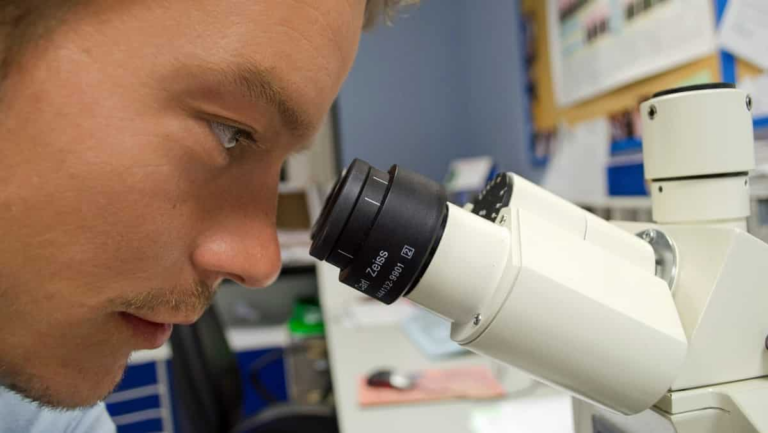
[ad_1]
Amid the looming global health threat of antibiotic resistants, scientists have discovered a plant toxin that could be a potential candidate to create effective antibiotics with its unique way of attacking bacteria. In a paper recently published in the journal Nature Catalysis, a group of British, German and Polish scientists revealed that a plant toxin or a potential new antibiotic, albicidin, has a unique method of attacking bacteria in comparison to the existing antibiotic medicines.
The new finding is a positive development in the healthcare field as for many years there is a consistent rise of multidrug-resistant pathogens such as E coli. Some of these pathogens pose a significant risk to human health.
By exploiting the findings of this new research, scientists now hope to find out efficient ways to deal with various kinds of bacterial diseases. Albicidin comes from a bacterial plant pathogen called Xanthomonas albilineans. Though this pathogen uses albicidin to attack the plant, however according to findings some decades ago it was found out that the pathogen is also highly effective at killing bacteria.
But the roadblock for the scientists was to understand how this works. They used advanced techniques to bring to light how albicidin actually kills bacteria.
Dmitry Ghilarov, who worked with scientists at the Technische Universität Berlin in Germany and at Jagiellonian University in Kraków, Poland said, “now we have a structural understanding, we can create modifications of albicidin to improve its efficacy and pharmacological properties.”
“We believe this is one of the most exciting new antibiotic candidates in many years. It has extremely high effectiveness in small concentrations and is highly potent against pathogenic bacteria – even those resistant to the widely used antibiotics such as fluoroquinolones.”
One can only imagine the magnitude of the positive impact these kinds of studies can mean on the healthcare field. Every day 3,500 people lose their lives due to the direct result of antibiotic-resistant bacterial infections. Only in 2019, over 1.2 million people lost their lives to these infections.
You can now write for wionews.com and be a part of the community. Share your stories and opinions with us here.
[ad_2]